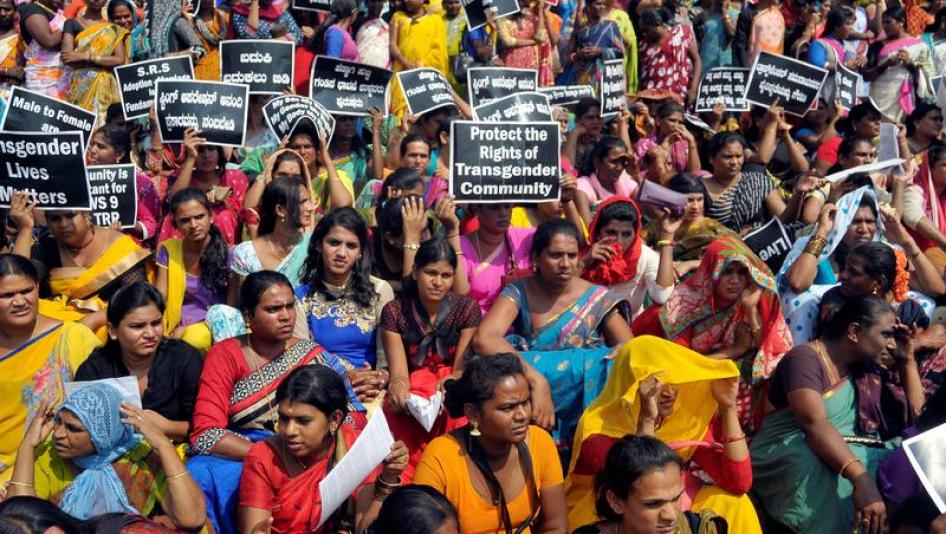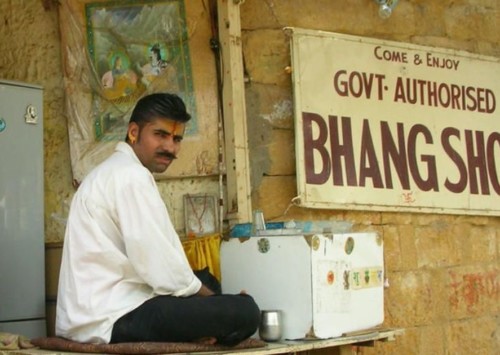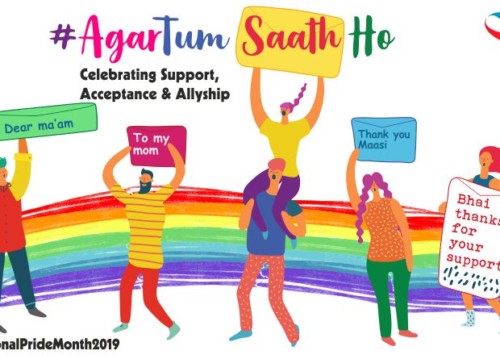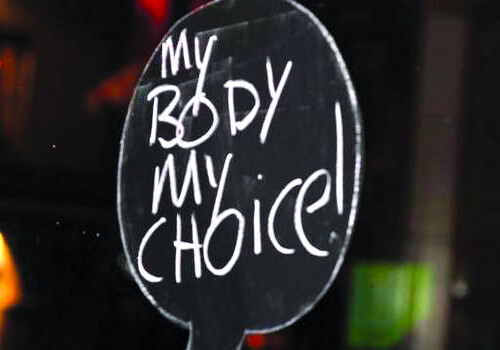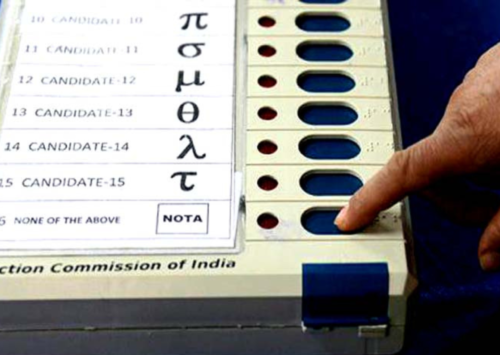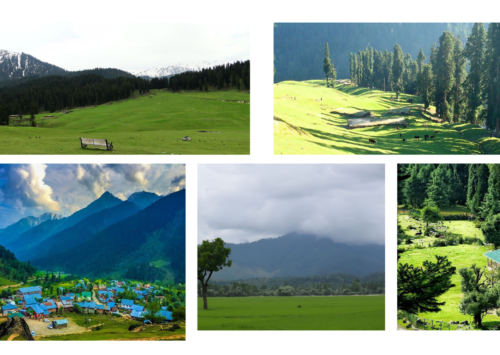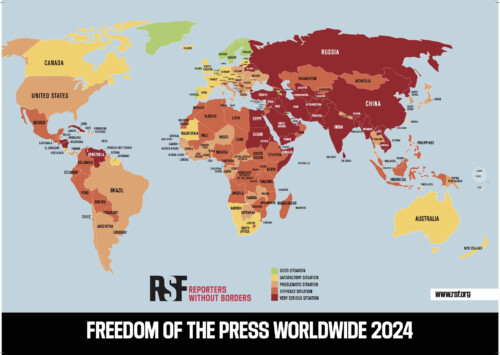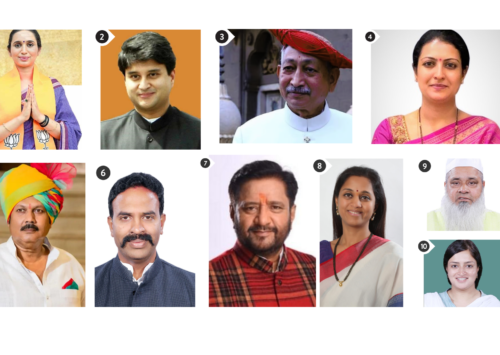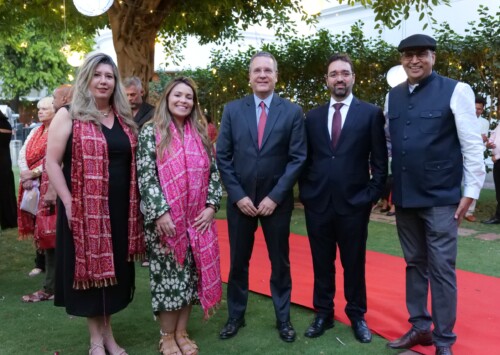Transgender Bill falls short of expectations
On August 5, the Lok Sabha passed two important Bills- the Transgender Persons (Protection of Rights) Bill 2019 and the Surrogacy (Regulation) Bill 2019- but they were overshadowed by the announcement of Centre’s decision to revoke the special status of Jammu and Kashmir.
The lower house of the Parliament passed the Transgender Persons (Protection of Rights) Bill 2019 which guarantees rights to and provides welfare measures for transgender persons and work against the discrimination they face on grounds including denial, discontinuation and unfair treatment in educational establishments, services, employment and healthcare.
However, the transgender community in India has opposed the Bill vehemently, with activists calling it a ‘Gender Justice Murder Day’ for the community. According to them the government has made the rules without consulting the community itself and thus it doesn’t create any difference in their lives. The legislation has also been criticised for replacing district screening committees with bureaucratic impediments.
Commenting on the Bill, Anjali Gopalan, founder and executive director of the Naz Foundation (India) Trust, an NGO dedicated to fighting against HIV/AIDS epidemic and LGBTQ rights said to a media, “I am very happy that a Bill that looks into the “welfare” of Transgenders has been passed. However, I feel strongly that it should have been rights-oriented instead of their welfare alone.”
According to the Bill, a transgender is defined as a person whose gender does not match with the one assigned at birth and includes transman or transwoman (whether or not such person has undergone sex reassignment surgery or hormone therapy or laser therapy), person with intersex variations, gender-queer and person having such socio-cultural identities as kinner, hijra, aravani and jogta. The Bill states that a transgender person shall have a right to self-perceived gender identity and the right to be included in their household, and in case the immediate family is unable to take care of the person, he/she may be placed in a rehabilitation centre.
“There were 27 amendments to the original Bill and we accepted most of them. The Bill was also passed in the 16th Lok Sabha. However, before it could reach the Rajya Sabha, the House was dissolved. On July 29, 2019, minister Thawar Chand Gehlot introduced the Bill in the Lok Sabha. According to the 2011 census, over 480,000 (0.04 pc) people belong to the trans community. The government had a serious issue before it and after discussions and consultations with expert committees, this Bill was drafted. I appeal to members to pass the Bill,” said Rattan Lal Kataria, minister of state, ministry of social justice and empowerment, on the floor of the house.
Ranjita Sinha, a transgender activist, executive director of Gokhale Road Bandhan and secretary of Association of Transgender/Hijra in Bengal (ATHB) while commenting about the Bill told Media India Group, “I am hopeful as a Bill has been passed for the transgender community after so many years. Of course, everything has pros and cons. It is good because after so much protest from our minority group, we were officially recognised in 2014 and then a Bill for us has been passed in 2019.”
“As an activist if I feel it is a step forward as the government is thinking about us and are talking about working against discrimination faced by us in educational establishments, services, employment and healthcare,” added Sinha.
Talking about the drawbacks of the Bill she shared her displeasure with the screening process. Though the words ‘screening committee’ has been removed, it still exists in a way. To get an ID card the person has to go to a district magistrate and the DM will provide them with an ID card. If they want a male or female ID card, then a medical officer will examine them. Expressing her view on this Sinha said, “Why will a person go through the screening? Who will screen whom and by what authority do they have the right to do that? When it was mentioned even by the Supreme Court in 2014 that the transgender movement is a self-proclaimed procreation and where people are self-declaring themselves, then why the screening?”
Another crucial decision of the Bill was decriminalising begging- but the community believes it is just a cosmetic change as Gee Imaan Semmalar, a trans activist of Sampoorna India said, “The begging clause they have removed but they have retained the clause about ‘enforced and bonded labour’ and other such acts. They can broadly interpret it in any way that they want. And around 22 states in India have the Anti-Beggary Act and they can anyway enforce this. Just removing the phrases does not mean that it is an improvement on the previous Bill.”
Sinha also mentioned about diluting of the penalties for offences against them and said, “It needs much more thought on the laws against sexual violence of the transgender people. Even if we are treated by the law as they treat non-transgender women, two years is not really a punishment.”
Another major concern for them is the lack of mention in the Bill of any reservation for the transgender community to guarantee employment, education and skill-building facilities for them. The transgender community is not completely satisfied with this new Bill and feels that the law should also account their view points while forming the rules as it deals with their lives and livelihood.

